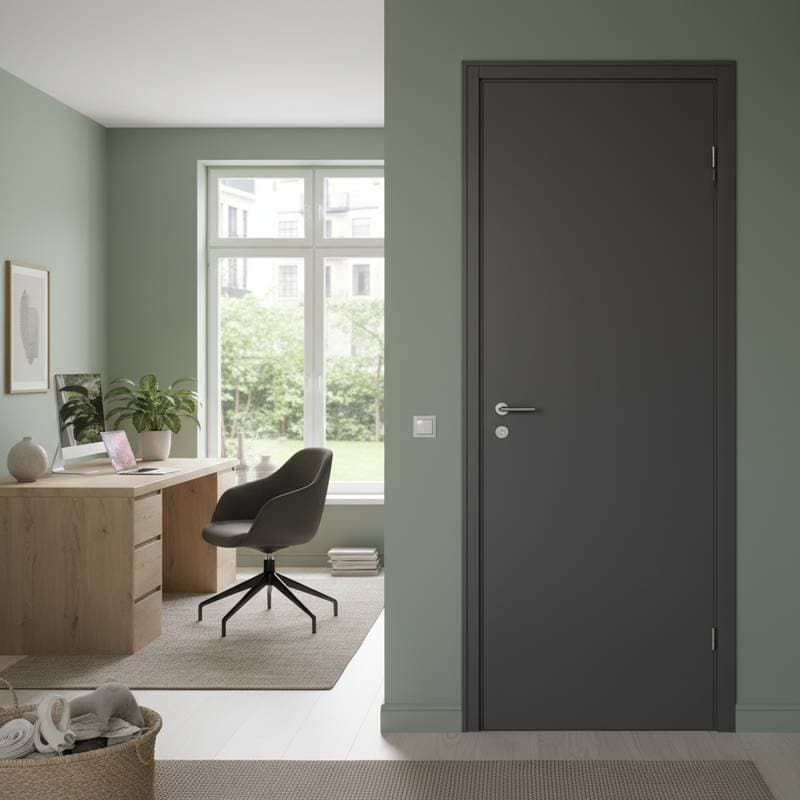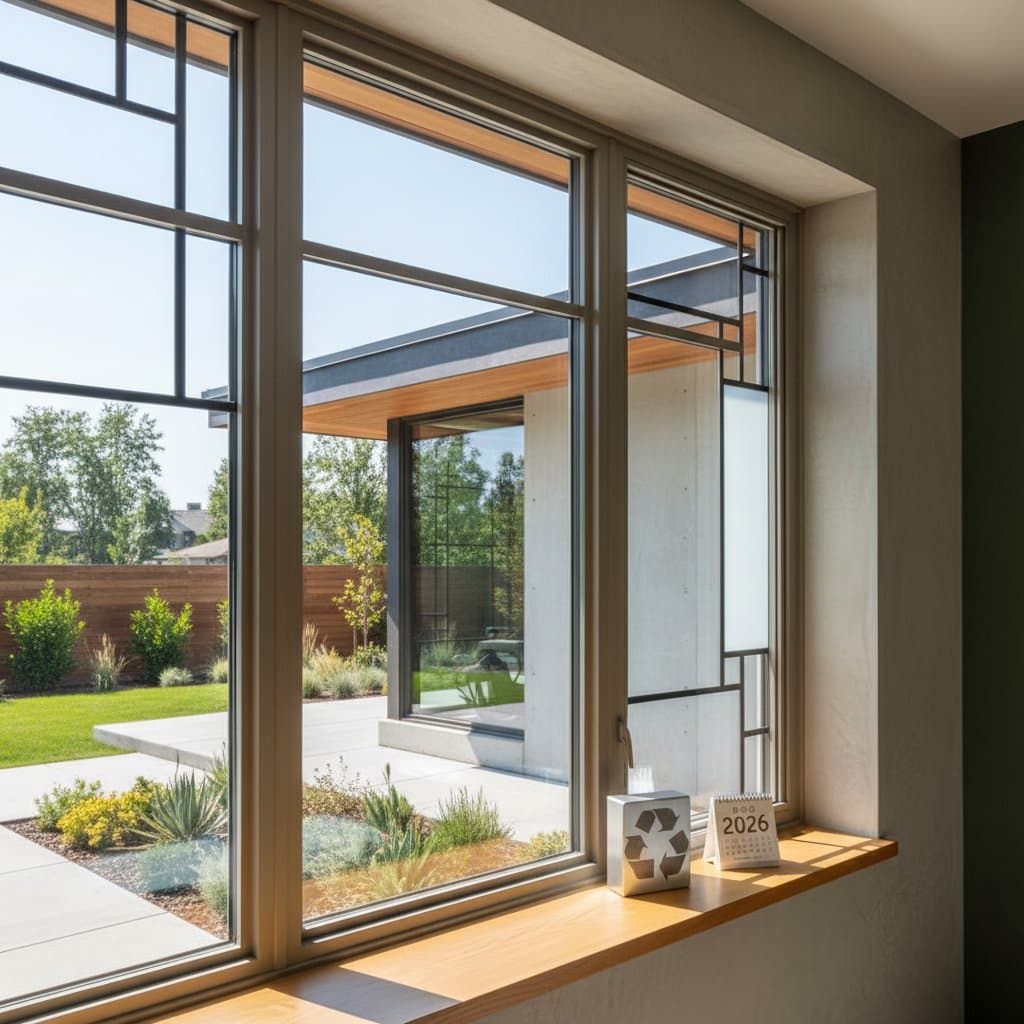75% Less Noise: Acoustic Inserts Without Replacement
Homes near busy roads, construction sites, or crowded sidewalks often face constant noise intrusion. Homeowners frequently believe that complete window replacement represents the sole remedy. Acoustic inserts provide a straightforward alternative. These panels install inside existing frames and reduce sound penetration by up to 75 percent. This approach delivers effective noise reduction without extensive renovations or high expenses.
Understanding Acoustic Window Inserts
Acoustic inserts consist of transparent or slim panels positioned on the interior side of current windows. They create a sealed air pocket between the panel and the glass, which interrupts sound waves before they reach the interior. Materials such as acrylic or laminated glass, combined with dense seals, effectively dampen airborne noises like vehicle traffic, emergency sirens, and conversations.
Professionals handle the process efficiently. They measure each window precisely, craft custom inserts for a tight fit, and secure them with magnetic or compression mechanisms. Installation per window requires under one hour, resulting in a subtle layer of auditory shielding that integrates seamlessly with the original setup.
Typical Costs for Acoustic Inserts
Acoustic inserts prove more budget-friendly than outright window replacements. Costs depend on window dimensions, style, and material specifications. The table below details average expenses.
| Window Type | Cost Range (Per Window) | Noise Reduction | Key Features |
|---|---|---|---|
| Single-Hung | $350 to $650 | 60% to 75% | Clear acrylic, custom fit |
| Double-Hung | $400 to $750 | 65% to 75% | Dual seals, removable design |
| Sliding Window | $450 to $800 | 65% to 75% | Low-profile track mount |
| Large Picture Window | $600 to $1,000 | 70% to 75% | Laminated glass, custom frame |
These figures cover materials and expert installation. Full window replacements, by contrast, range from $900 to $2,500 per unit based on glazing and frame choices. Inserts thus serve as an economical option for targeted noise mitigation.
Mechanics of Acoustic Inserts
Sound propagates via air vibrations and solid material conduction. Single-pane windows permit these vibrations to transmit readily. Acoustic inserts introduce an additional barrier that breaks this pathway. The enclosed air gap functions as a buffer, diminishing both auditory and thermal conduction.
These devices excel at attenuating mid- and high-frequency sounds, including human speech, canine barks, and road noise. Lower frequencies, such as those from subwoofers or large vehicles, might persist at reduced levels. Experts in window systems note that well-fitted inserts lower sound intensity by 10 to 20 decibels, achieving approximately a 75 percent overall decrease.
Key Influences on Cost and Effectiveness
Multiple elements determine insert performance and pricing. Consider these aspects prior to purchase.
-
Window Dimensions and Configuration
Oversized or non-standard shapes demand extensive customization, elevating expenses. Arched or protruding bay windows often necessitate specialized hardware for secure attachment. -
Material Selection
Acrylic versions remain lightweight, cost-effective, and visually unobtrusive. Laminated glass provides enhanced resilience and marginally superior sound blocking, typically at a 20 percent premium. -
Seal Integrity
The connection between insert and frame controls air and noise leakage. Magnetic seals deliver optimal performance and facilitate easy detachment for maintenance. -
Installation Approach
Although DIY options exist from certain suppliers, professional services guarantee accuracy. Suboptimal alignment or sealing can compromise noise reduction by up to 30 percent.
Acoustic Inserts Versus Full Window Replacement
Evaluating inserts against replacements clarifies decision-making. The comparison table highlights differences.
| Feature | Acoustic Inserts | Replacement Windows |
|---|---|---|
| Cost | $350 to $1,000 per window | $900 to $2,500 per window |
| Installation Time | 30 to 60 minutes | Several hours or days |
| Noise Reduction | Up to 75% | Up to 90% with triple-pane |
| Energy Efficiency | Moderate improvement | High with advanced glazing |
| Aesthetic Changes | Minimal | Complete frame overhaul |
| Maintenance | Low | Moderate |
Inserts suit situations where current windows remain intact and sufficiently insulated. Replacement becomes preferable if issues like drafts, decay, or seal failures exist. For primary noise concerns, inserts yield impressive outcomes at lower investment.
Insights from Home Improvement Professionals
Jason Miller, a certified contractor based in Seattle, observes that clients often express astonishment at the transformed quietude following insert installation. He states, “Most homeowners are surprised by how much quieter a room becomes after installing acoustic inserts. You do not need to replace every window in the house to notice the difference.” Optimal outcomes arise in rooms oriented toward predominant noise origins, such as bedrooms or living areas.
Miller further emphasizes secondary benefits. Inserts enhance thermal performance, potentially trimming energy costs in harsh climates. As he notes, “You get both comfort and quiet without major construction.”
Ideal Locations and Timing for Installation
Acoustic inserts adapt to diverse settings, proving most valuable in high-noise zones. Recommended spaces include:
- Bedrooms adjacent to thoroughfares or adjacent properties
- Home offices demanding focused work environments
- Living rooms proximate to patios or recreational zones
- Apartments or condominiums sharing walls or open areas
Users may opt for temporary or permanent setups. Some detach inserts during temperate seasons to allow airflow, reinstalling them amid inclement or elevated noise periods.
Care and Durability Expectations
Acoustic inserts demand little upkeep post-installation. Wipe surfaces with a gentle cloth and mild cleaner to maintain clarity. Conduct yearly seal inspections to prevent debris accumulation and ensure airtightness. Quality units endure 10 to 20 years, contingent on material and handling frequency.
Enhancing Results Through Additional Measures
To maximize noise control, integrate these upgrades:
- Apply weatherstripping to frame edges, eliminating air infiltration
- Install heavy curtains or acoustic drapery for supplementary absorption
- Place rugs or wall treatments to minimize internal reverberations
- Caulk openings near outlets or ducts adjacent to windows
Steps to Achieve Quieter Living with Acoustic Inserts
Acoustic inserts represent a pragmatic method for fostering serene interiors while preserving existing windows. They align with current aesthetics, involve scant ongoing effort, and provide meaningful sound attenuation at accessible prices. To address intrusive external sounds, reach out to a nearby specialist for precise assessments and pricing details.






